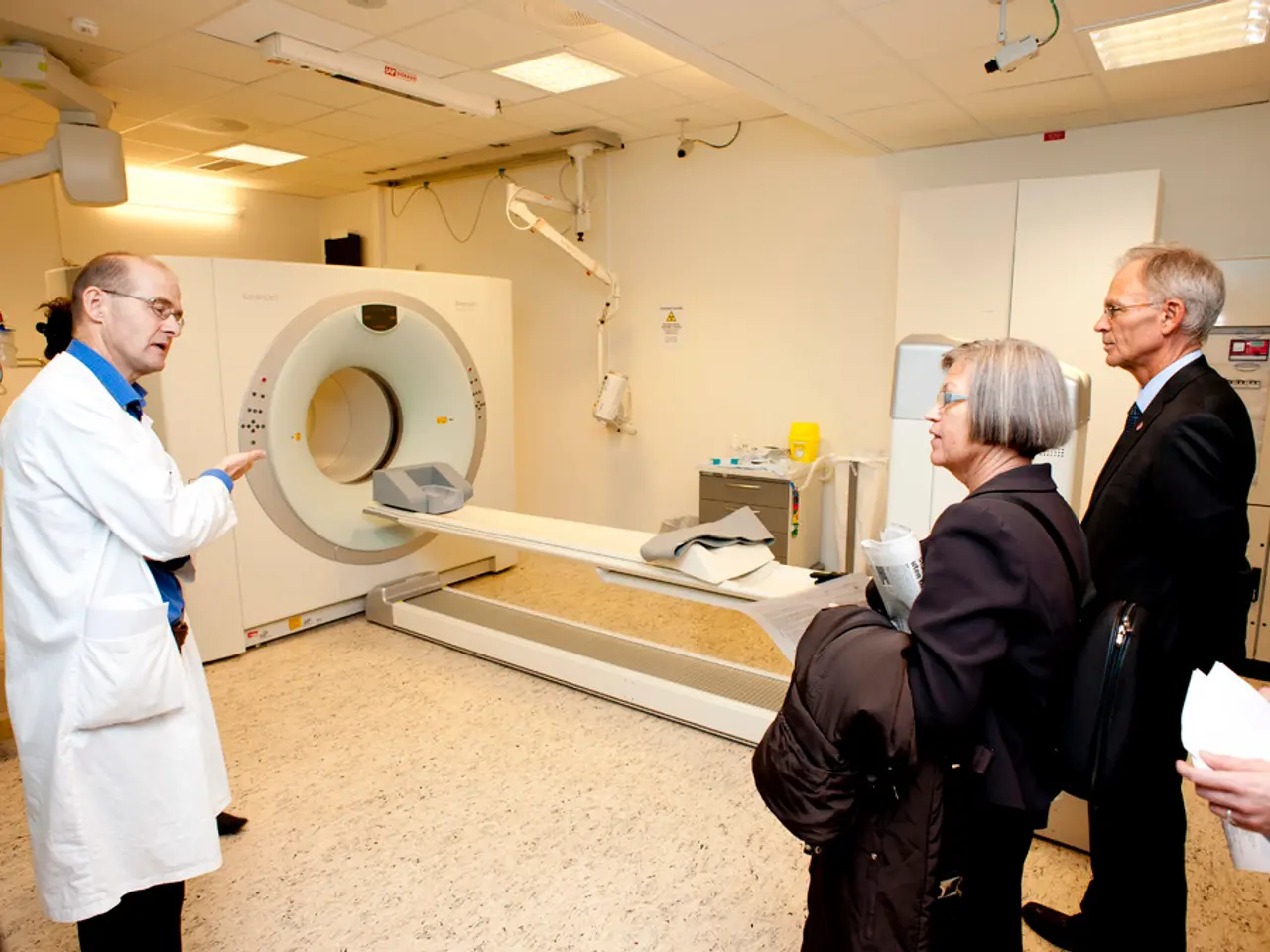Medicare Speech Therapy Coverage: Guidelines, Advantages, and Details
Stroke patients who require speech therapy can find relief in knowing that Medicare offers coverage for speech-language pathology care. This coverage is primarily provided under Medicare Part B, which includes outpatient rehabilitation services such as speech-language therapy.
Stroke-related communication disorders are eligible for Medicare coverage. However, patients may face certain costs, such as a monthly premium for Part B coverage, an annual deductible, and a 20% coinsurance for outpatient therapy services after the deductible is met. Out-of-pocket costs can vary depending on the patient's specific plan and use of supplemental or Medicare Advantage plans, which might reduce or adjust cost-sharing.
Speech therapy services can help individuals regain or improve their speaking, language, and swallowing skills. Speech-language pathologists (SLPs), also known as speech therapists, provide this treatment. They evaluate a person's reading ability, writing ability, general communication, hearing comprehension, verbal expression, and assist in developing coping strategies.
SLPs may treat various speech disorders, such as stuttering, lisping, apraxia of speech (AOS), dysarthria, and aphasia. Stuttering is characterized by people getting stuck pronouncing certain words or syllables, making the initial syllable sound repeatedly, or stretching sounds before being able to pronounce the whole word. Lisping is a common speech disorder that usually develops in childhood, characterized by making a "th" sound instead of an "s" sound when speaking. AOS occurs when the neural pathway between a person's brain and their speech function is lost or concealed, making it difficult for a person to say what they want to say despite their speech muscles being in perfect working order. Dysarthria symptoms include slowed speech, slurred speech, restricted tongue, jaw, or lip movement, an abnormal rhythm and pitch during speech, changes in voice quality, difficulty articulating, labored speech, and may be caused by nerve or muscle damage to the lips, tongue, diaphragm, and vocal cords. Aphasia is a disorder caused by damage to the brain's speech and language center, affecting a person's ability to speak and understand both verbal and written language.
Speech therapy can be performed in various settings, including a doctor's office, outpatient hospital setting, rehabilitation agency, comprehensive outpatient rehabilitation facility, public health agency, a person's place of residence (via a home health agency), or a skilled nursing facility.
To be eligible for Medicare-covered outpatient speech therapy services, a patient must require skilled therapy services, have a written plan of care, and the plan must be updated or changed as needed. It is important to note that Medicare does not limit how much it pays for medically necessary outpatient therapy services within a calendar year.
Early diagnosis and intervention by a qualified speech therapist can make a significant difference for children with speech delays, a condition where a child is not using age-appropriate communication. Speech therapy can also help with speech disorders that develop in childhood or adult speech conditions due to a brain injury, illness, muscular disorder, or stroke.
Ongoing legislative and professional advocacy aims to improve access and reimbursement rates for speech-language pathology services provided under Medicare, especially through telehealth options, to ensure sustainability and accessibility for all patients.
[1] Medicare.gov, "Medicare Coverage of Speech-Language Pathology Services," https://www.medicare.gov/coverage/speech-language-pathology-services.html [2] Medicare.gov, "Medicare Costs," https://www.medicare.gov/your-medicare-costs/costs-for-medicare-services/costs-for-medicare-services.html [3] American Speech-Language-Hearing Association (ASHA), "Advocacy," https://www.asha.org/advocacy/ [4] American Speech-Language-Hearing Association (ASHA), "Telepractice," https://www.asha.org/practice/telepractice/ [5] Medicare Rights Center, "Medicare Advantage Plans," https://www.medicarerights.org/glossary/medicare-advantage-plans/
- Under Medicare Part B, coverage for medical-conditions such as stroke-related communication disorders includes speech-language pathology care, which often requires speech therapy.
- While Medicare offers coverage for outpatient therapies and treatments like speech therapy, patients may encounter additional costs like monthly premiums, annual deductibles, and 20% coinsurance for outpatient therapy services.
- Health insurance options like Medicareplay a crucial role in providing access to science-backed therapies and treatments for health-and-wellness concerns such as speech disorders, including stroke, stuttering, lisping, apraxia of speech, dysarthria, and aphasia.




